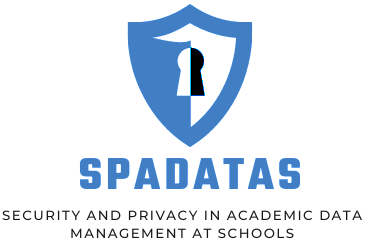
Here are the recommendations for school principals based on the ethical framework for Artificial Intelligence (AI) in education:
- Introducing AI Literacy: Principals should ensure that educational curricula include the basics of AI literacy. This will equip students and educators with the knowledge to understand AI’s potential and risks, fostering a more responsible and informed approach to its use in education.
- Promoting Ethical Awareness: It is essential to integrate ethical considerations related to AI into the teaching process. Schools should offer training and resources to develop ethical sensitivity among educators, helping them navigate the complexities of AI applications in education while prioritizing privacy, autonomy, and fairness.
- Encouraging Critical Thinking: AI literacy should go hand in hand with the promotion of critical thinking. Educators must encourage students to critically evaluate AI-generated content and consider its implications, fostering independent thought and the ability to discern biased or manipulative AI outputs.
- Privacy and Data Protection: Schools should establish clear policies regarding the use of AI tools, especially in terms of data collection and privacy. Students and parents must be informed about the data being collected, how it is used, and their rights regarding data privacy.
- Collaborative Development of Ethical Guidelines: As AI continues to evolve, principals should engage in the development of school-specific ethical guidelines that reflect AI’s impact on education. These guidelines should align with broader national and international ethical standards, ensuring that AI use supports fairness, transparency, and accountability.
These recommendations are based on the work outlined in the paper, which can be accessed in full via the following DOI: 10.1109/MECO58584.2023.10155012.
